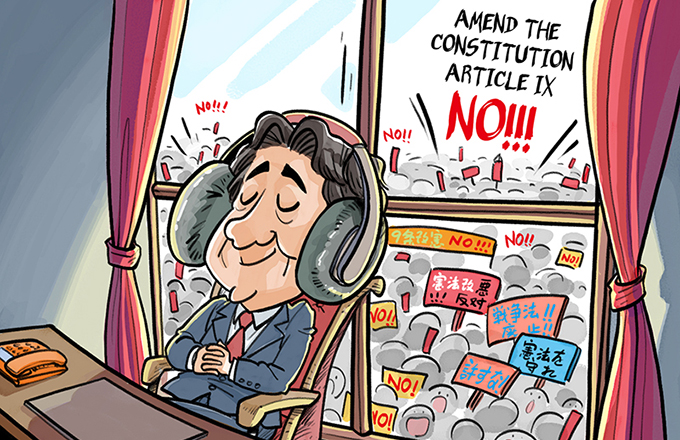Including financial onus better way to calculate spending ability
GUANGZHOU, capital of South China's Guangdong province, has said middle-income families can also apply to purchase low-income public housing. Legal Daily commented on Wednesday:
Guangzhou's move is praiseworthy, as it can benefit more people. Some middle-income people shoulder heavy burdens, as income tax, raising children and caring for senior family members, consume the lion's share of their incomes.
In other words, being classified as middle-income does not necessarily mean a family can afford to pay the down payment and mortgage on a property in a big city such as Guangzhou, where house prices are high.
Guangzhou is the first city to address this problem, the root cause of which is the current statistical approach and taxation policy that do not take people's living expenses into consideration and instead focus solely on their pre-tax income.
If the authorities took these costs into account, it would not be difficult to find the disposable income of some so-called middle-income people is so low that they actually survive on the brink of insolvency.
The new move will necessarily boost the demand for government subsidized houses. The Guangzhou government said that about 750,000 houses will be built in the city in the next five years, among which 25 percent will be government-subsidized houses. Guangzhou must make sure that there are enough houses to include these new "middle-income applicants".
Hopefully, other local governments, especially those in Beijing, Shanghai and Shenzhen, will follow in Guangzhou's footsteps to let more people apply for subsidized housing.

























